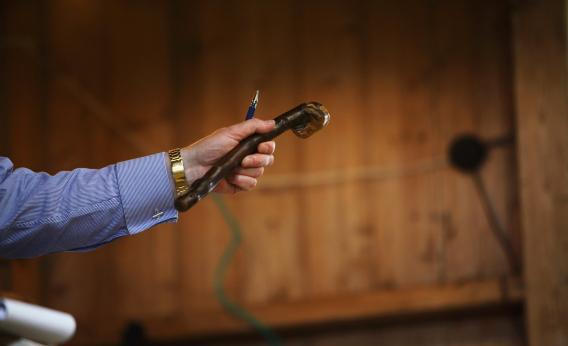The U.S. legal profession is making a slam-dunk case for its critics. Lawyers have pleaded guilty to insider trading. Law schools are fudging data on their students’ jobs prospects. And floundering New York firm Dewey & LeBoeuf’s revenue figures are attracting prosecutors’ attention. No wonder the public holds attorneys in contempt.
Gallup quantified it in a poll last December: only 19 percent of Americans rated lawyers “high” in honesty, just below real estate agents. Some 37 percent ranked them “very low,” a few ticks above car salesmen. Days later, attorney Matthew Kluger pleaded guilty in a $37 million insider trading case. Things have gone downhill since.
In February, scores of law grads sued their alma maters for exaggerating the odds of landing a job. A judge dismissed the suit against New York Law School in March, but remaining cases raise serious issues.
Almost half the law schools in the 2012 U.S. News and World Report rankings reported more than 90 percent employment for recent graduates. But that figure is padded with non-legal and temporary work. Villanova University and others have admitted giving the magazine false information. Because prospective students often use that data when choosing their school, legal experts argue that the schools could be prosecuted criminally.
That may be a stretch. But a fraud case against imploding Dewey now seems possible. On Friday, the firm disclosed that the Manhattan district attorney’s office was investigating possible financial wrongdoing at the beleaguered firm.
Any legal improprieties aside, Dewey hasn’t been forthcoming throughout its fight to avoid bankruptcy. The firm reported $935 million in 2011 revenue to The American Lawyer magazine but later said the correct figure was $780 million. It initially said losing scores of partners wouldn’t damage its bottom line, though the exodus has included rain-making heads of offices and practice groups.
All this apparent deception by lawyers seems driven by greed. Kluger the insider trader said he wanted an income in investment-banker territory. Law schools aim to attract more tuition-paying students. And Dewey may have tried to hide its financial woes to retain its dwindling business. While understandable, such behavior undermines lawyers’ reputations and worse. To improve its image, a profession that’s already the butt of jokes will need to again put the practice of law over the pursuit of lucre.
Read more at Reuters Breakingviews.
